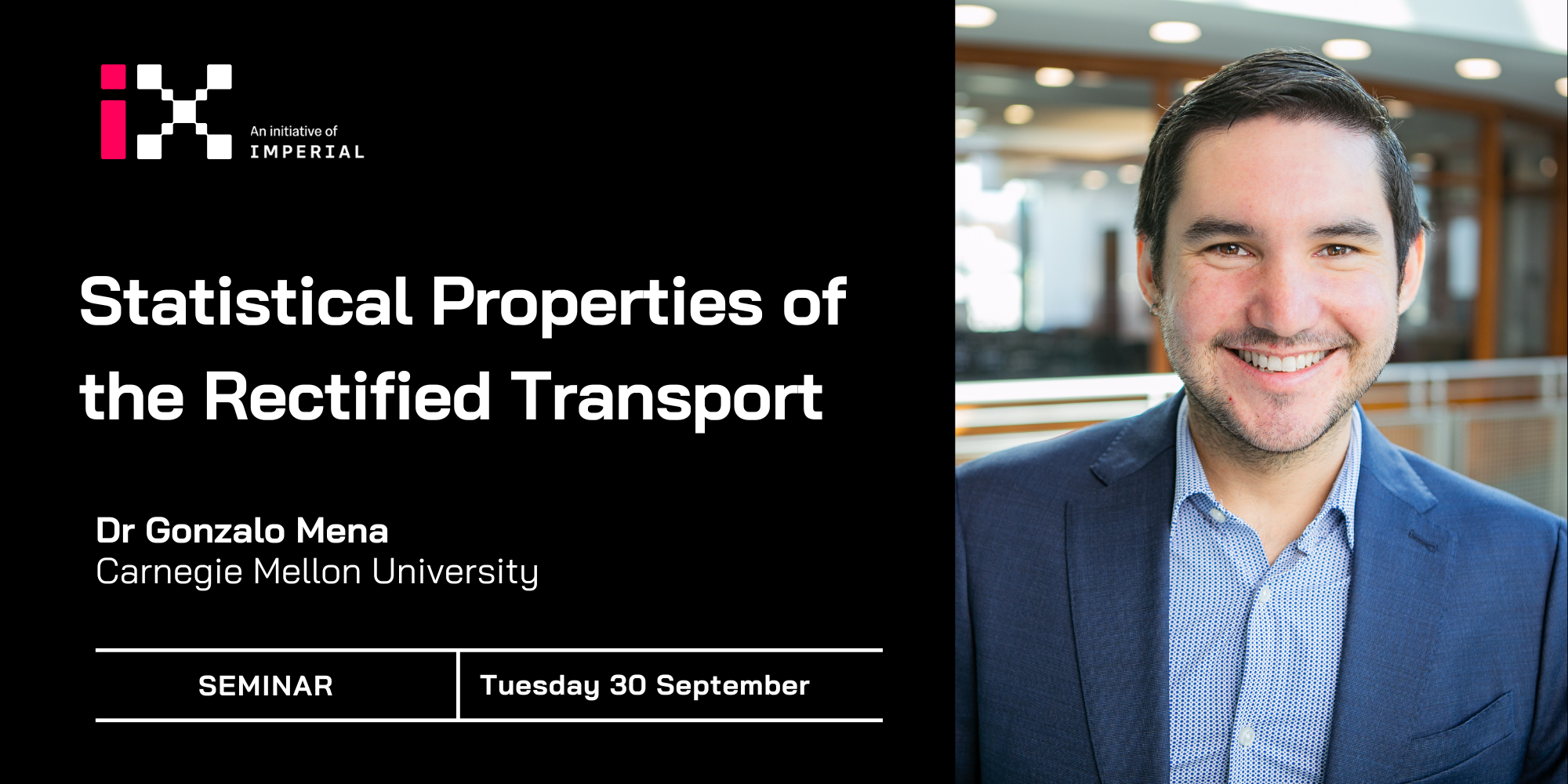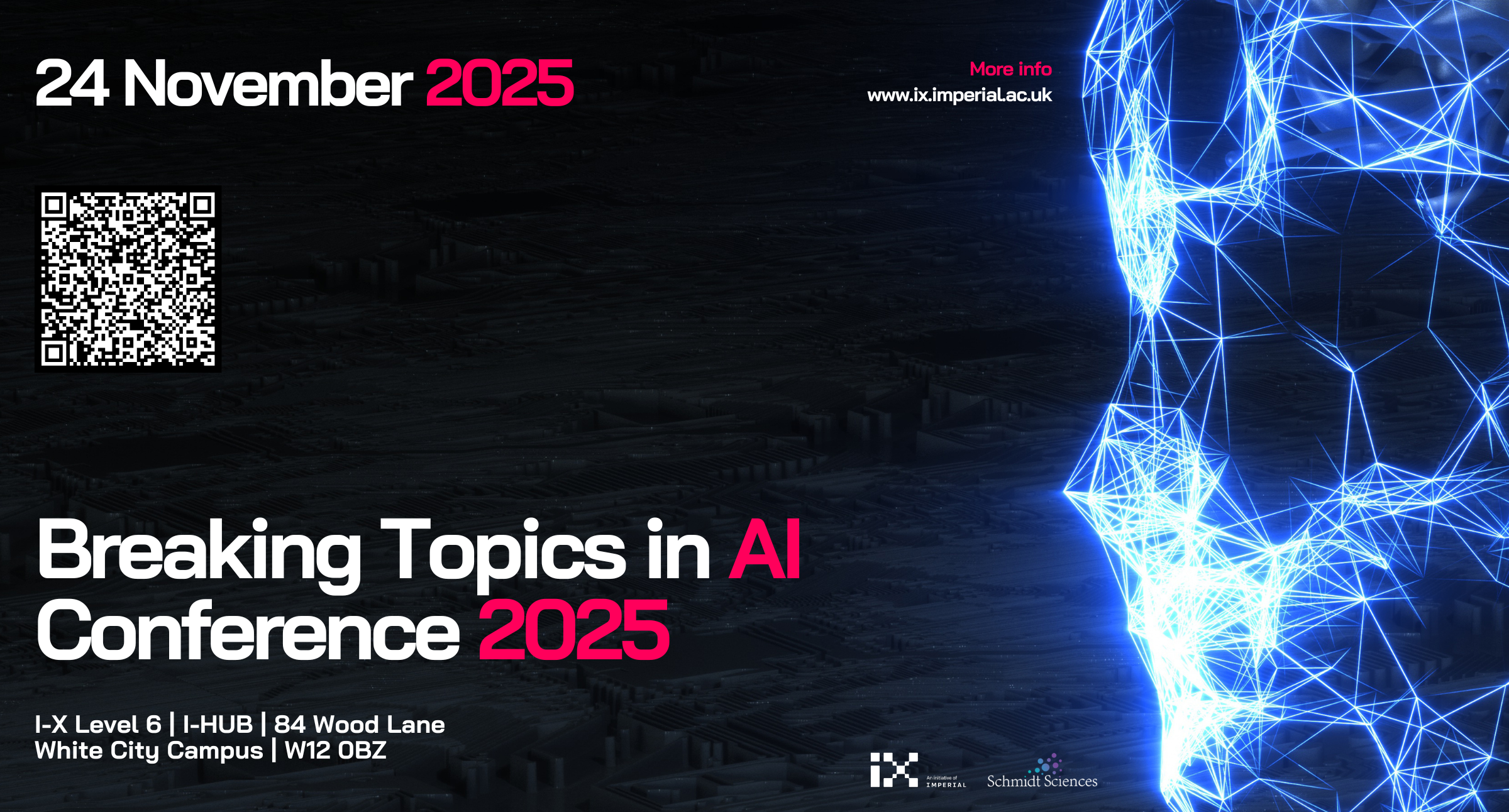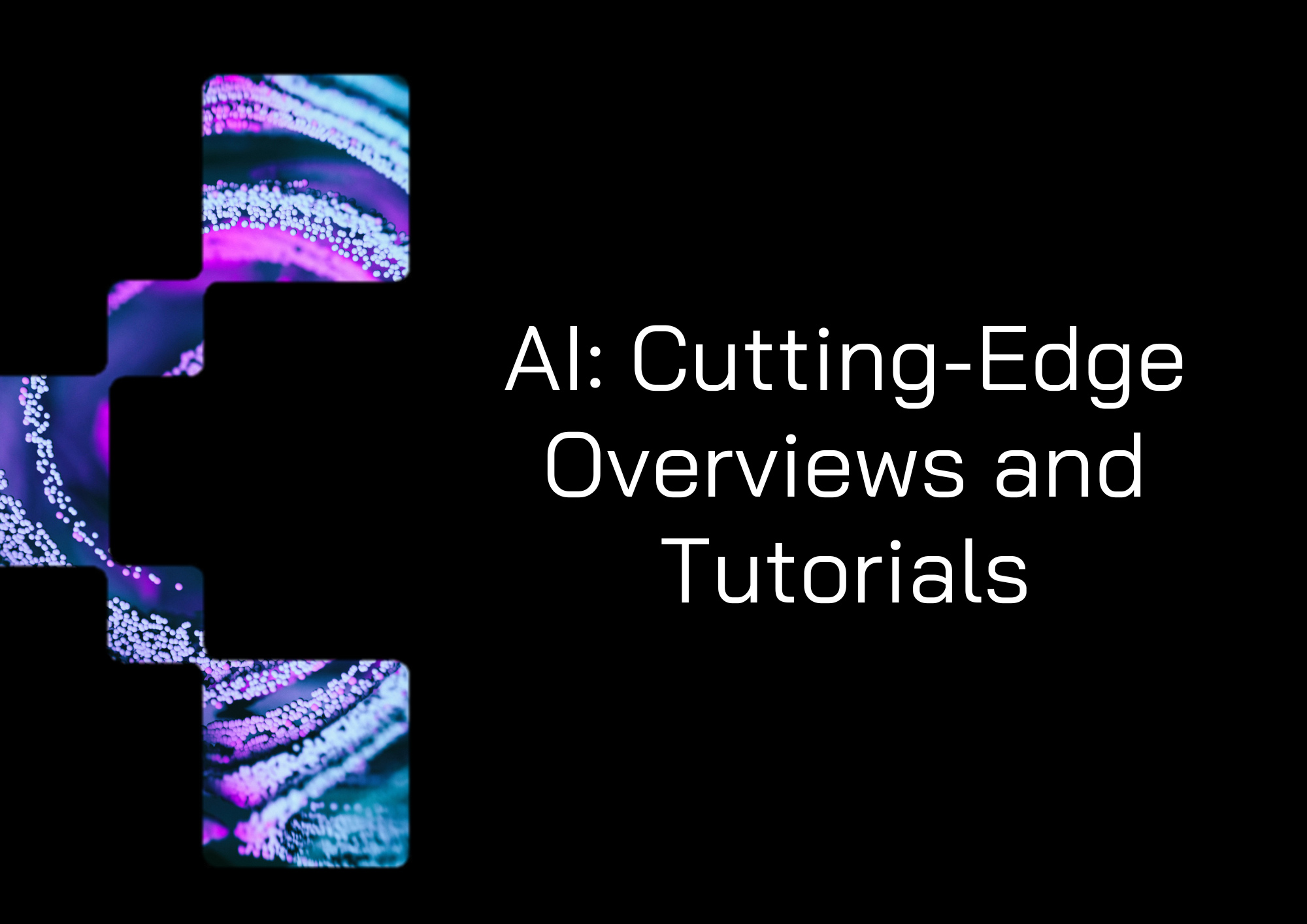Rafal Bogacz
Rafal Bogacz graduated in computer science at Wroclaw University of Technology in Poland. Then he did a PhD in computational neuroscience at the University of Bristol, and next he worked as a postdoctoral researcher at Princeton University, USA, jointly in the Departments of Applied Mathematics and Psychology. In 2004 he came back to Bristol where he worked as a Lecturer and then a Reader. He moved to the University of Oxford in 2013.
His research is in the area of computational neuroscience, which seeks to develop mathematical models describing computations in the brain giving raise to our mental abilities. He is particularly interested in modelling the learning processes in the brain, both in the cortex and in the subcortical regions underlying reinforcement learning. He also investigates how treatments involving brain stimulation can be refined to optimize their effectiveness and reduce side effects.




